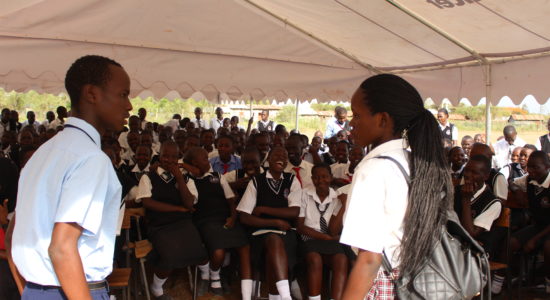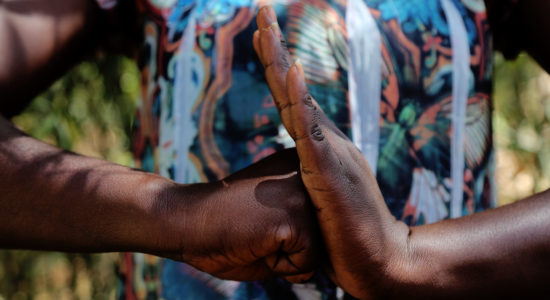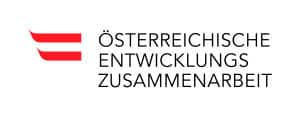In September 2017, we launched a new project that aims to significantly improve the situation of women in particular and promote equal opportunities. The project was extended for another three years in 2020.
Our goal is to raise awareness about the taboo topics of reproductive health and contraceptives and to prevent violence against women. Access to contraceptives shall be available for 24,500 Kenyans. In addition, contact points for victims of domestic violence have been created. Women are thus encouraged to make self-determined decisions regarding their bodies and their future. To achieve this, it is not enough to address only women. Everyone must be involved in the process in order to achieve a sustainable improvement.
Initial situation:
A woman gives birth to 4.4 children. More than every third woman does not use contraception at all.
% of men do not allow their partner to use contraception
% of young people are not educated about sexuality
% state that they cannot meet the needs of a child
% of all pregnancies are not planned
We fight for reproductive rights and women’s rights
Our staff (rainworkers) visit households, provide advice and share their knowledge on reproductive health & gender equality. They also conduct continuous rounds of talks with key persons in the communities, consultative talks in health centres & schools and organise awareness-raising sporting events. They assist in accessing reproductive health services to improve access.
The fact that the majority of our rainworkers work in the health system creates a natural multiplier effect. Through their training and financial motivation of the rain workers, we enable the population to access contraceptives easily. The involvement of health workers and
especially our youth centres, open up free access to contraceptives. These should actually be available free of charge in public health facilities – but unfortunately this is not usually the case. Often, contraception cannot be practised without interruption because its renewal is forgotten. By means of an SMS system, the clients are informed about upcoming renewals of their respective contraceptive methods. An information website is also being created. People in the project region are directed to the website via Google search ads, for which a non-earmarked grant is available.
Involve men
Male champions have better access to men, which is used to promote gender equality and acceptance of contraception. Among them are five representatives of religious communities who speak positively about these issues in their churches.
Preparing young people for their future
Peer educators are students who have been trained and supported by rain workers to provide information about puberty and contraception to fellow students. Teachers from the 27 schools in the project region have also participated in the training and organise monthly “School Health Clubs”. A theatre group focuses on participatory learning by conveying the topics of sexuality and contraception in a play appropriate for young people. The audience can participate in shaping the play by shouting. Twelve experts (seven nurses, two volunteers, three MMS staff) impart their knowledge to young people. This is done by training the staff of four health centres and two Youth Friendly Centres. These centres offer young people continuous care and serve as a safe meeting place. In addition, young people can obtain information about sexuality and contraception anonymously and use contraceptives free of charge and without the knowledge of the society. Youth Advocates, who are young people themselves, impart knowledge on reproductive health and gender equality in the communities to other young people. They also promote the Youth Friendly Centres. Radio shows impart knowledge in an entertaining way. The shows are produced in the predominant local language “Luo”.

Protect women from violence
Our Sexual Gender Based Violence (SGBV) Staff is present in five health centres every day. Women can report violence anonymously and are examined. Staff provide counselling and work with executive authorities and key community leaders.
Half of the staff move around the community, creating awareness and education about SGBV and visiting women regularly to monitor the development of the situation.

For 15 euros you can inform 30 people about reproductive health and women’s rights
The project is co-financed by the Austrian Agency for Development Cooperation, the province of Lower Austria and the G & H Roberts Community Trust.

